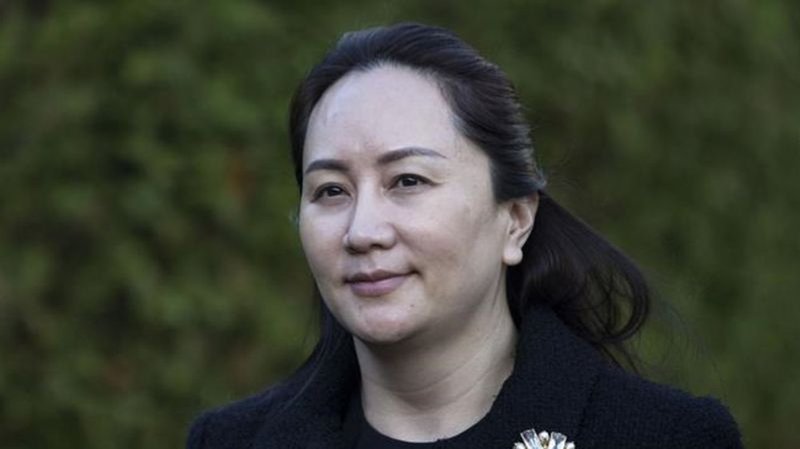
Border officer can’t recall where idea to collect Meng’s phone passcodes came from
VANCOUVER — The border officer who led the examination of Huawei executive Meng Wanzhou at Vancouver’s airport before her arrest two years ago says he can’t recall whose idea it was to collect the passcodes to her phones.
Sowmith Katragadda told a B.C. Supreme Court hearing he asked another officer to collect the codes from Meng but can’t remember if the order came from one of his supervisors or if it was his own idea.
Katragadda is testifying as part of an evidence-gathering hearing in Meng’s extradition case.
Her lawyers are collecting information to support an abuse of process argument in court next year alleging Canadian officers gathered evidence to aid American officials under the guise of a routine border exam.


